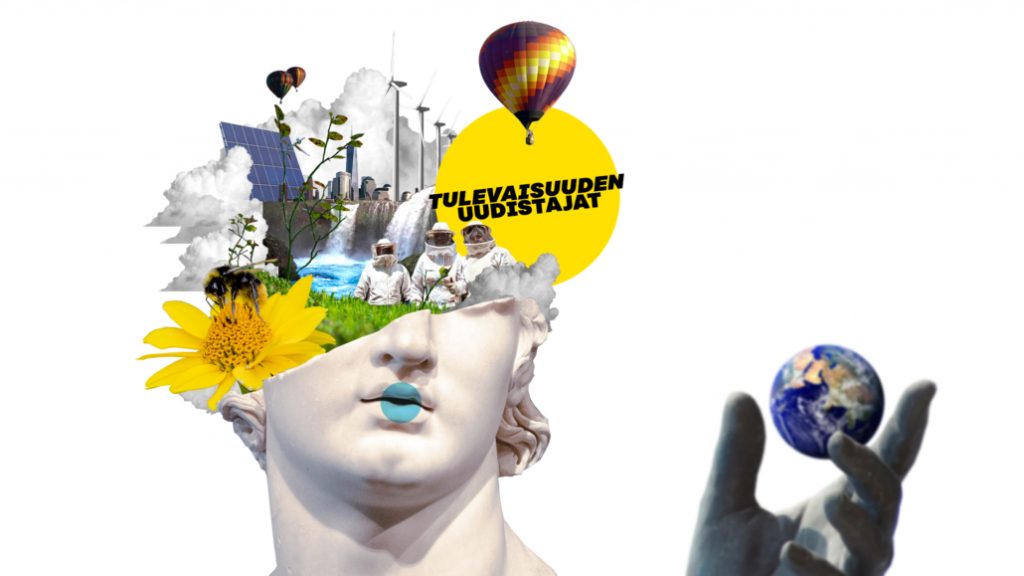
A guest post by Mikko Dufva, of Sitra, the Finnish Innovation Fund.
Sitra was a recent guest at SOIF’s monthly alumni meetings for previous participants in our retreats and training, which share emerging ideas about futures with our community of practice.
The pandemic isn’t the only crisis we’re facing in 2020. Current megatrends demonstrate the urgent need for a transition to a fair and sustainable society. This urgency also means this is a time of transition for foresight. Individual projects or scenarios reports are not enough. We need to increase our collective capabilities to think about futures and to act despite uncertainty.
In response, Sitra has developed the ‘Futures Frequency’ workshop as part of our “Future Makers” project, which seeks to make foresight and change making more inclusive and more accessible for non-foresight experts. Amidst the gloom, we wanted more hopeful images of futures in Finland that could be widely shared and discussed.
The workshop is divided into three parts. These reflect the three key transitions involved in foresight: challenge, imagine and act.
1) Challenge: from ‘knowing’ the future to welcoming uncertainty
If we fail to challenge old perspectives and assumptions, we may end up in a future that does not reflect our values. Our thoughts about the future guide our actions in the present. We need to move from emphasising projections and predictions to understanding our assumptions about futures. This requires humility and self-reflection.
Humility amidst uncertainty does not mean inaction. Uncertainty is opportunity; it means the future is open. What we choose to do now influences the range of possible futures.
2) Imagine: from colonising the future to embracing plurality
Challenging assumptions about the future is not enough in itself. We also need to use our imagination and be open to the imaginings of others. What are preferable futures, and to whom? Who is present and represented in foresight exercises; whose voice is heard?
The future belongs to everyone, yet it is often discussed and imagined in small and closed circles. This means that many surprises and developments are overlooked. People left out of the conversation may be alienated from the visions of the future that evolve. The Futures Frequency workshop is designed to be accessible to all.
3) Act: from maintaining the past to refusing the normal
Change can be frightening; the siren call of the “old normal” is strong. But current ways of doing things are not sustainable. Creating a more sustainable society requires a large group of change makers. We need to act to make a better world, and we need people who are willing to take action.
Shaping the future is a skill that can be developed. We want Future Makers to walk away from the workshops feeling equipped with new tools to think about the future – and believing that they, too, can be an agent of change.
Sitra is an active fund for the future which studies, researches and brings together partners from different sectors in open-minded trials and reforms. The future-oriented work of Sitra is designed to enable Finland to succeed as a pioneer of sustainable well-being. The Futures Frequency workshop will be published in Finnish in January 2021 along with a training program and a new version of the Future Makers Toolbox. An English version will be published later in the spring.
